Recycling technologies – Tesla is making waves in the automotive industry with its recent price reductions on a global scale 16-09-2023
Recycling technologies
SGT to Build New rPET Production Unit in Rezé, France
Société Générale des Techniques (SGT), a French manufacturer of PET preforms, is building a new recycled PET (rPET) production unit in Rezé, in western France. The new unit will have an annual capacity of 26,000 tons, and is expected to be commissioned in the second quarter of 2024.
The investment is part of SGT’s commitment to sustainability. The company is aiming to guarantee a continuous supply of rPET to its customers, the majority of whom are bottlers in the food sector. The new unit will also help SGT to meet the requirements of the European Directive 2019/90, which establishes a minimum recycled content requirement of 25% for PET bottles by 2025. Recycling technologies
The new rPET production unit will be located in the heart of SGT’s historic preform manufacturing plant and head office in Rezé. This will help to reduce the company’s CO2 emissions by limiting the need for transportation. SGT is also planning to recruit production and maintenance operators and technicians to run the new unit.
The new rPET production unit will be equipped with the latest technologies, including the new LSP (Liquid State Polycondensation) process from Next Generation Recyclingmaschinen (NGR). The LSP process removes all PET impurities in the liquid phase, making it suitable for direct food contact. It also offers higher energy efficiency and decontamination levels than conventional SSP applications.
This investment is a significant step forward for SGT in its commitment to sustainability. The new rPET production unit will help the company to meet the growing demand for recycled plastics and to reduce its environmental impact. Recycling technologies
Key takeaways:
- SGT is building a new rPET production unit in Rezé, France.
- The new unit will have an annual capacity of 26,000 tons.
- The investment is part of SGT’s commitment to sustainability.
- The new unit will help SGT to meet the requirements of the European Directive 2019/90.
- The new unit will be equipped with the latest technologies, including the LSP process.
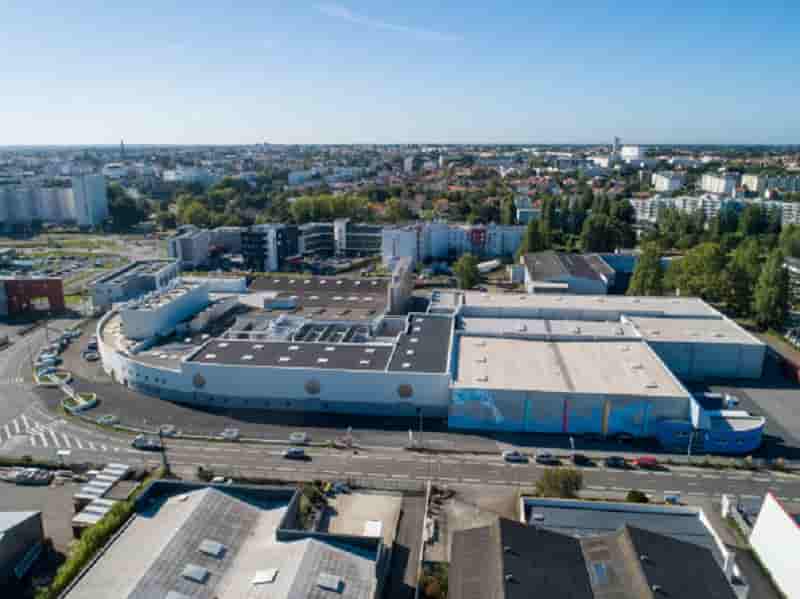
Tesla is making waves in the automotive industry with its recent price reductions on a global scale
Elon Musk’s company is adopting an aggressive approach that’s driving up registrations and subsequently ramping up production. However, it appears that Tesla is not content with its current momentum and is exploring an innovative production method that could potentially cut production costs in half.
This groundbreaking production technique, initially reported by Reuters, builds upon Tesla’s existing casting method, which has already led to significant reductions in the number of components required to assemble a car. In essence, by employing even larger gigacasting machines with a closing power of 16,000 tons or more, Tesla aims to create entire cars from a single piece, streamlining the manufacturing process considerably. This approach not only simplifies production but also enhances the overall quality of the vehicles. Recycling technologies
Implementing this technique is not without its challenges, as these machines are exceptionally large and would necessitate the construction of new facilities and a reimagining of existing ones. The machines would be tasked with producing a single, expansive chassis that integrates the front and rear sections with a central underbody housing the battery. Tesla envisions the potential application of this method in its 25,000-euro electric car expected to launch by 2025. Rumor has it that Elon Musk’s company has yet to make a final decision on this game-changing technique, which has the potential to revolutionize production by reducing costs and accelerating the entire manufacturing process. Recycling technologies

A circular economy needs different recycling technologies
In its ‘Let’s talk about Chemical Recycling” series, the Plastics and Rubber Machinery division of the German VDMA association talks to experts and stakeholders active in the chemical recycling space. Here, Beate Edl, project director circular economy OMV Downstream GmbH, explains the importance of chemical recycling for OMV: “Chemical recycling has the potential to close the existing gap in circular economy.”
Ms. Edl, what is the importance of chemical recycling for OMV?
Chemical recycling is complementary to mechanical recycling and therefore of high priority for OMV – it is an important cornerstone of our Strategy 2030. It helps us to meet the growing demand for recycled polyolefins. Back in 2009 we developed a laboratory-scale process that has since been patented. The ReOil 100 pilot plant is in operation since 2018 and fully integrated in the refinery Schwechat, and this year the next larger ReOil 2000 demo plant will go live. Recycling technologies
This plant has a processing capacity of 16,000 tons of plastic waste per year, which is 20 times the capacity of the pilot plant. The next step will be the scale-up to an industrial-scale, commercial plant with a capacity of up to 200,000 tons per year. Furthermore, last year OMV and the technology provider Wood signed a Memorandum of Understanding (MoU) for the commercial licensing of our ReOil technology. Thereby, we enable global licensees to make use of future circular economy solutions.
Which used plastics is this recycling method particularly suitable for?
We focus on polyolefins; specifically polyethylene, polypropylene and polystyrene – those have the highest market share of plastics. We do not want to interfere with established mechanical recycling routes and therefore focus on hard-to-recycle plastics that are currently not covered by any recycling activities, for example due to high contamination levels. Today, these waste streams are going to incineration. In comparison to mechanical recycling, which requests mono-streams, chemical recycling can process mixed plastic fractions as well – with our ReOil plants we focus on 2D mixed plastic waste fractions like foils. Recycling technologies
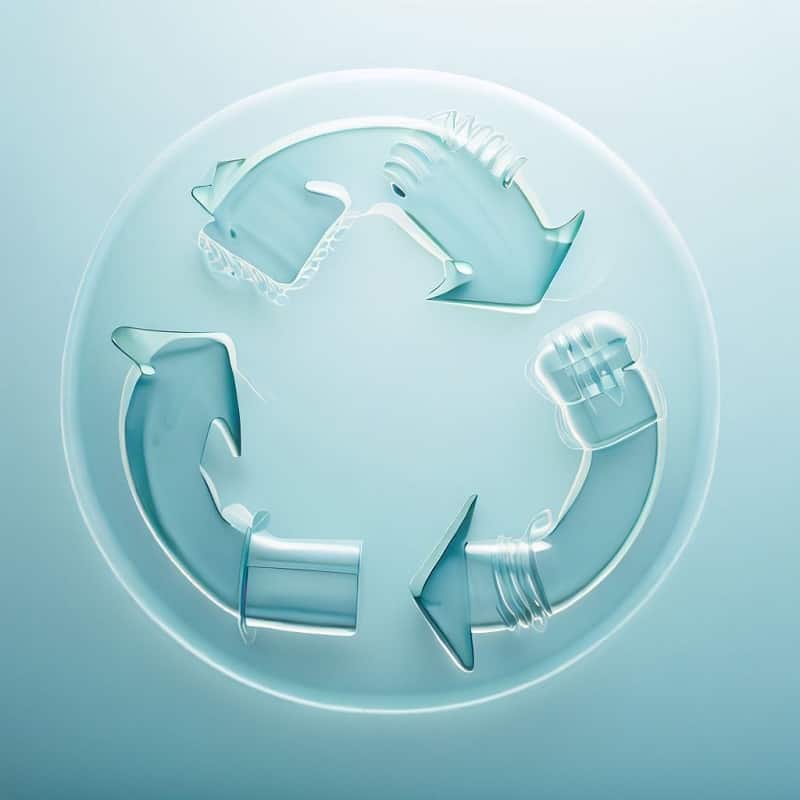
Braskem and Vitol Partner to Increase Circularity of Plastic Products
Braskem, a global petrochemical company, and Vitol, an international energy trading and marketing company, have announced a new partnership to increase the circularity of plastic products. Under the agreement, Vitol will supply Braskem with pyrolysis oil, a feedstock produced from plastic waste, for use in the production of new plastic products.
Pyrolysis oil is a type of chemical recycling that converts plastic waste into a liquid fuel that can be used to produce new plastics, fuels, and other chemicals. It is a more sustainable alternative to traditional mechanical recycling, which can only be used for certain types of plastic waste. Recycling technologies
The partnership between Braskem and Vitol is part of both companies’ commitments to reduce plastic waste and promote a circular economy. Braskem has set a goal of selling 1 million tons of products with recycled content by 2030, and Vitol has committed to reducing its greenhouse gas emissions by 50% by 2030.
The partnership will help Braskem meet its sustainability goals by providing a more sustainable source of feedstock for its plastic products. It will also help Vitol reduce its environmental impact by diverting plastic waste from landfills and incinerators.
The agreement is a significant step forward in the development of a circular economy for plastic. It demonstrates the growing commitment of businesses to reduce plastic waste and promote more sustainable practices.
Here are some additional details from the article:
- The agreement is for a 10-year term.
- The pyrolysis oil will be produced at WPU’s facilities in Denmark.
- Braskem plans to use the pyrolysis oil to produce new plastic products, such as bottles, packaging, and automotive parts.
- The partnership is expected to help Braskem reduce its greenhouse gas emissions by 1 million tons per year. Recycling technologies

Eni Sustainable Mobility and LG Chem are evaluating the feasibility of a biorefinery in South Korea
The plant would be located at LG Chem’s Daesan chemical complex, about 80 kilometers southwest of Seoul. The companies are jointly examining the technical and economic feasibility of the project, and a final investment decision is expected by 2024. If the project is approved, the plant could be completed by 2026.
The biorefinery would use Eni’s Ecofining technology to process about 400,000 tonnes of biogenic raw materials per year. This could produce a variety of sustainable fuels and plastics, including Sustainable Aviation Fuel (SAF), HVO (hydrogenated vegetable oil) biofuel, and bio-naphtha. Recycling technologies
LG Chem would bring its expertise in the production of sustainable chemicals to the project, while Eni would contribute its experience in biorefining and its proprietary Ecofining technology. The two companies believe that the biorefinery could help to meet the growing demand for sustainable fuels and plastics in South Korea and the region.
Here are some additional details about the project:
- The biorefinery would be located within the existing integrated petrochemical complex in Daesan, which would allow it to take advantage of LG Chem’s infrastructure and resources.
- The plant would use Eni’s Ecofining technology, which is a proven and efficient process for converting biogenic raw materials into sustainable fuels and plastics.
- The biorefinery could produce a variety of sustainable products, including Sustainable Aviation Fuel (SAF), HVO (hydrogenated vegetable oil) biofuel, and bio-naphtha. These products are in high demand due to their environmental benefits. Recycling technologies
- The project is expected to create jobs and boost the local economy.
Eni Sustainable Mobility and LG Chem are committed to the development of sustainable fuels and plastics. This biorefinery project is a significant step towards achieving their goals.
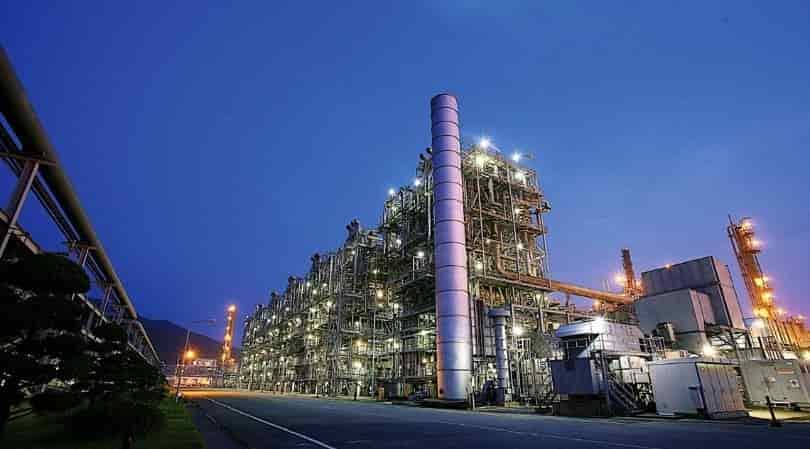
Pyrowave’s Microwave Technology Converts Waste Plastic into Finished Products
Pyrowave, a Montreal-based company that develops microwave-based depolymerization technology, has announced that it has successfully produced the first finished products using 100% recycled styrene. The products, which were made in collaboration with Michelin and Knauf Industries, are elastomer and plastic products that have the same properties and performance as products made from virgin fossil-sourced materials.
The Pyrowave process uses microwaves to heat plastic waste to a high temperature, breaking it down into its constituent monomers. These monomers can then be used to create new plastic products, or they can be used to produce other chemicals and materials. Recycling technologies
The Pyrowave process has several advantages over traditional thermal recycling methods. It is more efficient, producing a higher yield of recycled material. It is also more environmentally friendly, as it requires less energy and produces fewer emissions.
The successful production of finished products using Pyrowave technology is a major milestone for the company. It demonstrates the potential of the technology to help address the global plastic pollution problem.
In addition to the environmental benefits, the Pyrowave process also has the potential to create new economic opportunities. The company is currently working with partners to develop commercial applications for its technology.
Pyrowave’s success is a testament to the potential of microwave-based depolymerization technology to revolutionize the way we recycle plastic waste. The company is leading the way in the development of this new technology, and its work is helping to make a more sustainable future possible.
Here are some additional details about the Pyrowave process:
- The process can be used to recycle a wide variety of plastic waste, including polystyrene, polypropylene, and polyethylene.
- The process is relatively simple and can be easily scaled up to industrial levels.
- The process is energy efficient, requiring less energy than traditional thermal recycling methods.
- The process produces very few emissions, making it a more environmentally friendly option. Recycling technologies
The Pyrowave process has the potential to make a significant contribution to the fight against plastic pollution. By recycling plastic waste into new products, the Pyrowave process can help to reduce the amount of plastic that ends up in landfills and oceans. The process can also help to create new economic opportunities in the recycling and plastics industries.
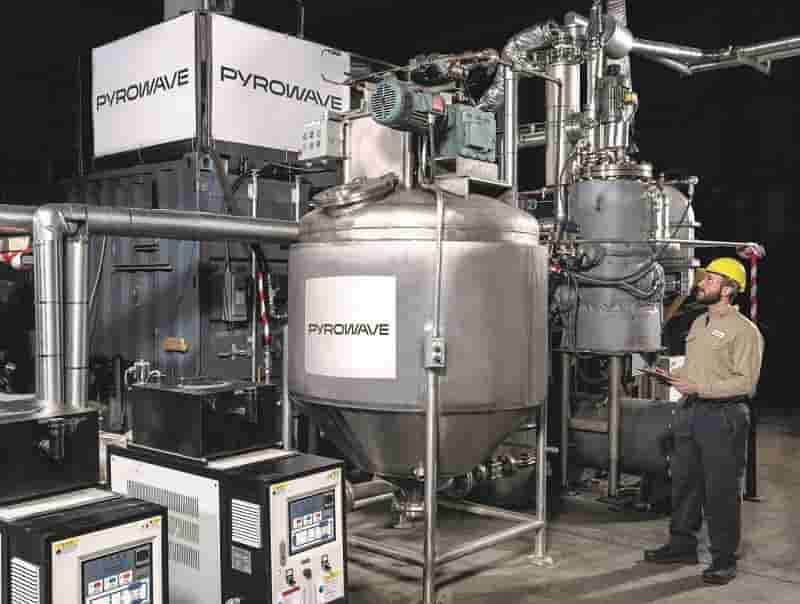
Credits : Pyrowave
Westlake Introduces High-Performance PIVOTAL™ Polyethylene Resin with Post-Consumer Content
“One-Pellet Solution” Targets Use of Post-Consumer Content in Flexible Packaging
Westlake Corporation (NYSE: WLK) today announced the launch of PIVOTAL™, a line of “one-pellet solutions” for the introduction of post-consumer resin (PCR) into flexible packaging. PIVOTAL™ offers customers a more sustainable material for use in the production of non-FDA applications.
Westlake developed PIVOTAL™ to enable customers to maintain the performance levels of their applications while incorporating up to 45% PCR. Rigorous quality control during sourcing and manufacturing ensures that the product provides customers with properties comparable to that of virgin resin.
This one-pellet solution is emerging as a more sustainable option for both monolayer and multilayer film applications. Recycling technologies
In October 2022, PIVOTAL™ received GreenCircle certification. GreenCircle Certified, LLC conducted an independent, third-party evaluation to certify the PCR feedstock as being derived from post-consumer sources as well as to verify the PCR loading in each PIVOTAL™ offering. This certification was conducted in accordance with ISO14021 and FTC Green Guides while meeting the requirements of LEED v4 & v4.1 MR Credit: Sourcing of Raw Materials.
“Achieving GreenCircle certification assures our customers that their PCR supply chain is truly 100% post-consumer sourced. This highlights our ongoing commitment to sustainability and transparency with our customers,” said Amy Moore, Westlake vice president, polyethylene.
The introduction of the PIVOTAL™ product line continues Westlake’s ongoing sustainability journey. PIVOTAL™ joins Westlake’s portfolio of more environmentally-friendly products, including Westlake Vinnolit’s GreenVin® lower-carbon PVC and Westlake Pipe & Fittings’ molecular-oriented PVC (PVCO) pipe. Recycling technologies
In February 2022, Westlake announced its 2030 target to reduce Scope 1 and Scope 2 CO2 equivalent emissions per ton of production by 20% by 2030 from a 2016 baseline. In May 2023, Westlake issued five additional sustainability goals on its website, centered around water, health and safety, community engagement, diversity and inclusion, and the circular economy.
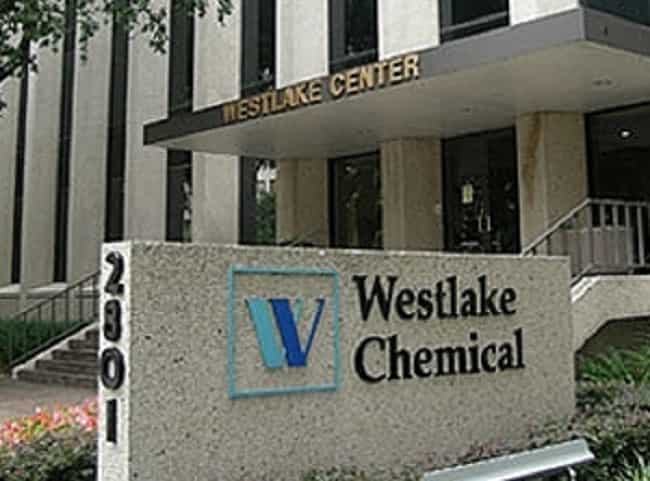
Recycling technologies
